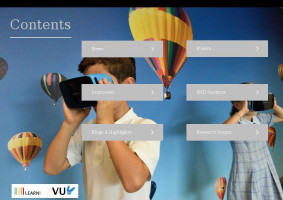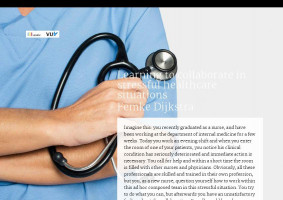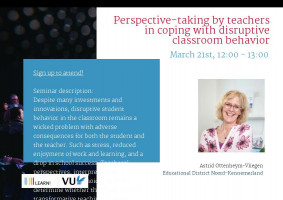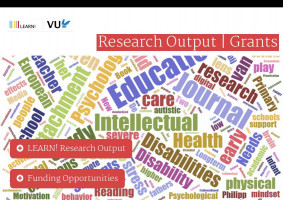Imagine this: you recently graduated as a nurse, and have been working at the department of internal medicine for a few weeks. Today you work an evening shift and when you enter the room of one of your patients, you notice his clinical condition has seriously deteriorated and immediate action is necessary. You call for help and within a short time the room is filled with other nurses and physicians. Obviously, all these professionals are skilled and trained in their own profession, but you, as a new nurse, question yourself how to work within this ad hoc composed team in this stressful situation. You try to do what you can, but afterwards you have an unsatisfactory feeling about the collaboration. It really could have been better, resulting in better quality of care.
This is not a fictional situation, but something nursing students experience in real-life: a sense of incompetence when it comes to interprofessional collaboration in stressful situations. To help students to overcome this feeling, which may stem from a lack of knowledge, skills and attitude, might ask for a different approach in designing their education. This is the focus of my PhD, and I base the following tips and insights on the basis of my research work.
Acknowledging stress and its consequences
First, the what, when and how of stress could be more acknowledged in the nursing curriculum. What is stress, and what are potential causes? When exactly do you perceive stress? And how does stress influence the performance of you as an individual and as a team?
The shortest way to describe stress is as a dynamic interaction between a person and the environment, where a whole range of events in the environment can lead to the onset of stress. Think of non-functioning equipment, but more interesting: the lack of knowledge when it comes to your fellow team members. Can I trust them? Are they experienced enough for their task in the team? And how should I communicate with a physician that I have never met? Can I speak up to her or him? Questioning these things while you must perform at your very best in a stressful situation might lead to a feeling of stress. Not necessarily what you need at these moments.
Experiencing a feeling of stress in an already stressful environment (such as the above-mentioned rapidly deteriorating clinical situation of your patient) might shift your attention from your task to more irrelevant or distracting factors. Interpretation of information might be more complex, and executing a technical task such as inserting an IV suddenly feels like an impossible task. Communication with others becomes difficult, due to differences in professional background, existing hierarchies, or because of a change towards one-way communication where there is not much room to speak up.
The need for a representative learning environment
Training with attention for the what, when and how of stress, should take place in a learning environment that is as realistic as possible. In such an environment, students must execute certain technical skills, but simultaneously concentrate on making decisions, be aware of what happens around them, and interact with others in sometimes complex social dynamics. And not unimportant: cope with potential experienced stress.
To design such a learning environment, asks for more than just realism: students need a safe place where it is okay to make mistakes, where there is plenty of time to develop personal and professional roles when it comes to collaboration in stressful situations, and where teachers acknowledge that the learning environment itself can already be stressful for some students. In short: psychological safety and attention for the person behind the profession is of great importance and should form the backbone of any learning environment.

Drs. Femke Dijkstra
Femke Dijkstra is a lecturer at the Nursing Academy of Saxion University of Applied Sciences, where she is mainly involved in simulation-based education. She is also a PhD-student at the Vrije Universiteit, where she studies interprofessional healthcare teams in stressful situations, with a focus on teamwork and communication. The aim of her project is to design education for the future healthcare professionals, in order to prepare them for working together in teams in sometimes stressful situations.
Are you interested in this topic, or do you have great ideas on the design of this type of education?
Femke can be reached at f.s.dijkstra@vu.nl




















